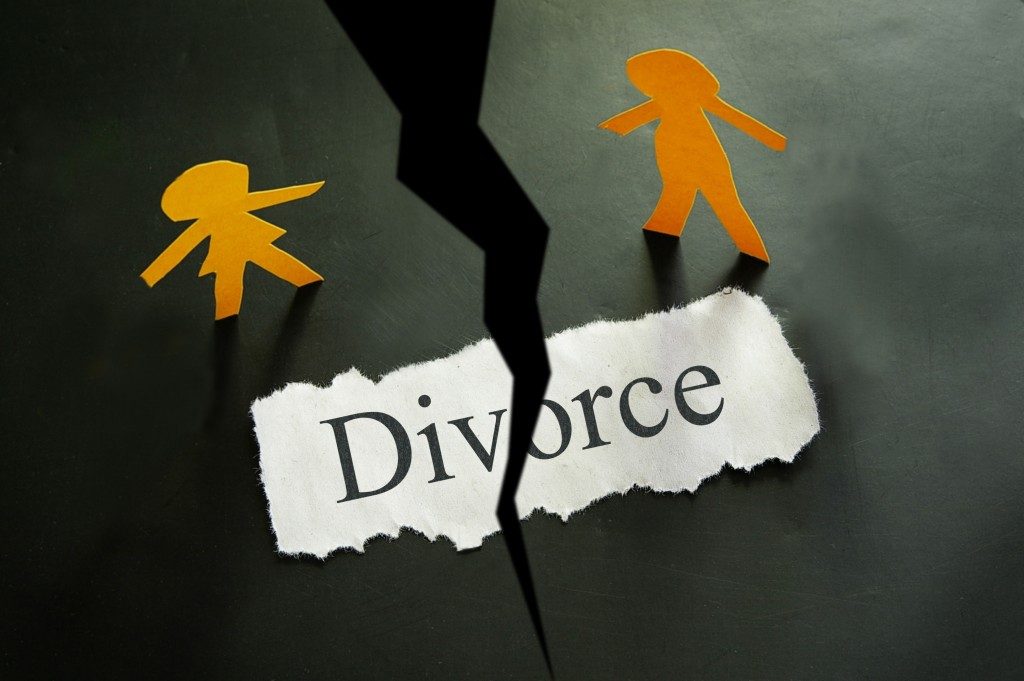Separation and the eventual divorce between parents are a painful process for many families all over the world. It has a profound effect on the children. Parents would often ask themselves, “Should we stay for the children?” The answer depends on how fragmented the relationship has become and whether there is an effort between these two adults to work their issues and out and try to be together for their children. Living in the same house but not communicating is worse than divorce.
In Nassau County, reliable divorce lawyers deal with families that are worried about the effects of the separation on their children. This happens all over the world. Once parents decide to separate, the immediate concern goes to what this could mean to their children.
Interestingly, the most likely reactions of children differ depending on their age. Children at the age of eight to nine are likely to be more dependent on the parents, often hoping that they’ll get back together. It has a more regressive effect on this age group. But for adolescents at the age of nine to 13, the effect is one of resentment. The adolescent reacts in a more aggressive and rebellious way. Instead of wanting to see their parents get back together, they don’t care anymore. They are resolved to disregard family affairs, wanting to take care of themselves more than they think their parents can.
Instability and Insecurity
Children are always shocked by the feeling of instability and insecurity in their family life after a divorce has been announced. Showing up for family events and celebrating special occasions together will intensify their wishful thinking that someday, their family will be whole again. This age group will most likely be resentful toward the parent who gets into another romantic relationship soon. They wouldn’t and couldn’t accept the fact that their parents are moving on with their lives.
Children reeling from the divorce will face more emotional and mental problems such as breaking toilet training, clinging, bed wetting, separation anxiety, loss of self-care skills, and tantrums. They will look for attention from the parents, so they will regress to their dependent ways even if they know how to take care of themselves already.

Rebellion and Disregard
Divorce has an extremely different way of affecting an adolescent. Where the child becomes more dependent, an adolescent will force themselves to be more independent. They will think that their parents couldn’t stay true to their commitment to be with each other and take care of the family. They will decide to take care of themselves. They will also be more withdrawn from the family, often choosing to spend time with their friends rather than attend family occasions.
Adolescents become more self-sufficient, independent, and distant from their parents. They focus on their external world. Their social status becomes more important than their relationship with their parents and even their siblings. An adolescent feeling the numbing pain of divorce may want to get back at the parents. There is a loss of trust because they have failed to keep the family together.
These reactions are not a certainty. Many children, in fact, can survive a divorce well enough. Although the first years may be tough, they will eventually get back on their feet once they see their parents do so. Communication with the kids is important so that they can realize why divorce is the only way to keep the respect between the parents intact.

